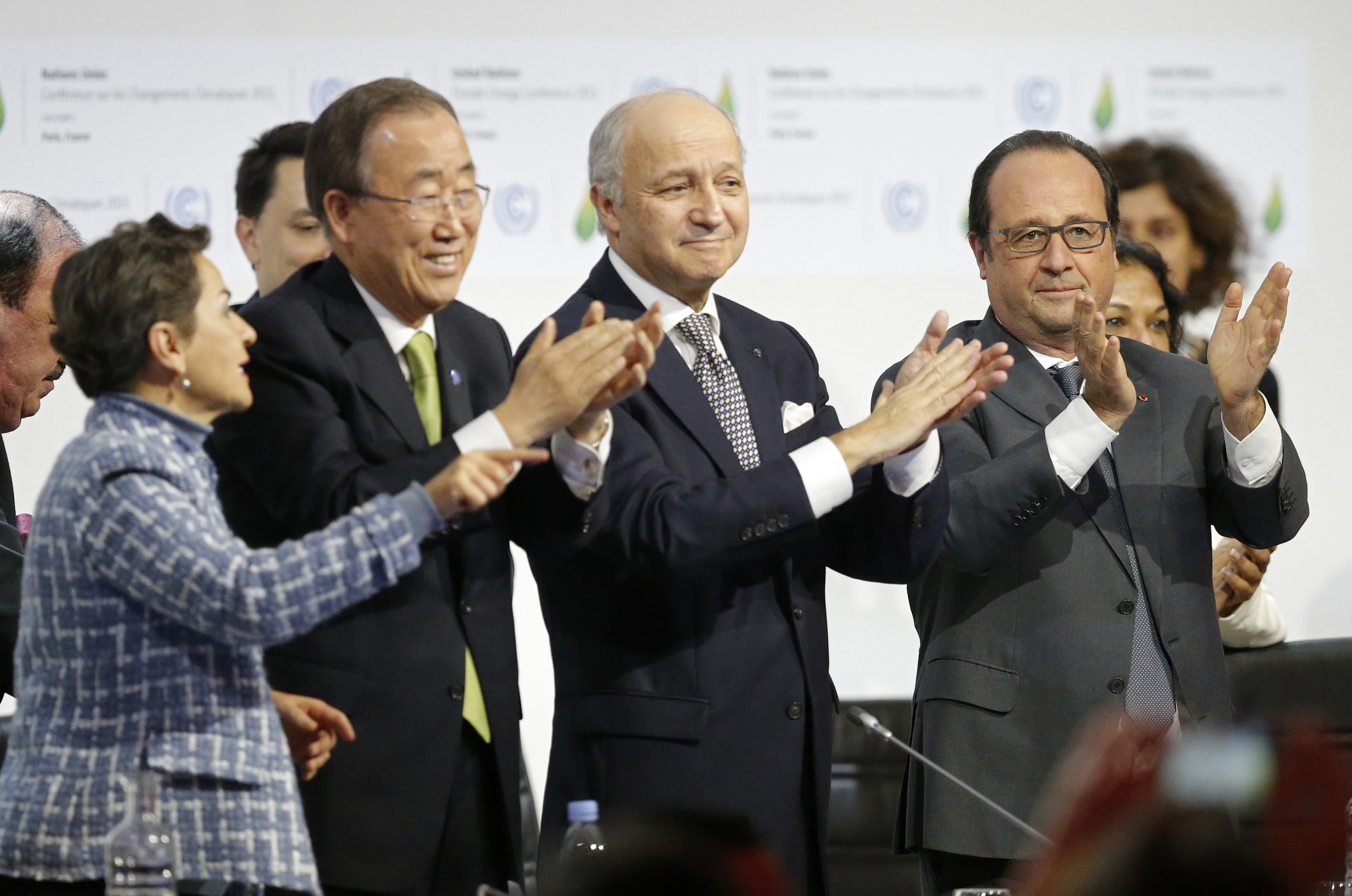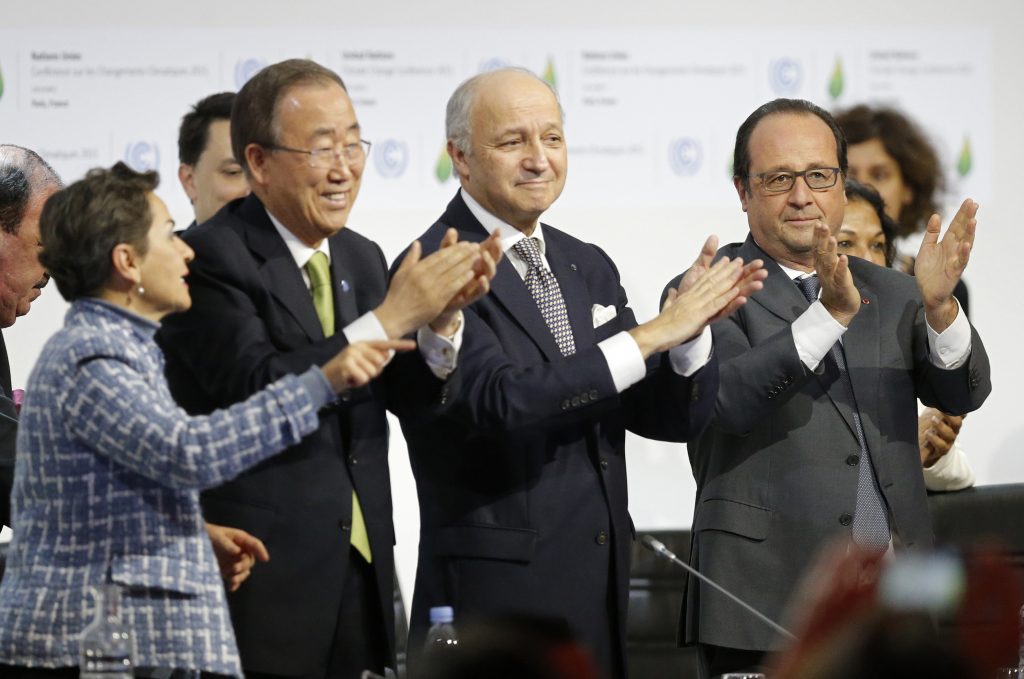
Implementation of Paris climate deal will be the big question in 2016, says Atlantic Council’s Richard L. Morningstar
As 2015 draws to a close, our experts take a look back at the year that was and look ahead to 2016.
This interview is part of a series.
Richard L. Morningstar is the Founding Director of the Atlantic Council’s Global Energy Center.
Q: What was the biggest story in the field of energy in 2015?
Morningstar: The biggest story was the sharp decreases in oil and gas prices. From an economic standpoint, these decreases in oil prices also had an impact on gas prices. It has also had major geopolitical impacts on suppliers as well as consumers.
The reduction in prices has had an adverse economic impact on countries such as Russia, but this impact has not been limited to Russia. It has also been felt by countries that we want to see do well, like Iraq and some West African countries that depend on oil revenues to build their social safety net.
The Saudi decision not to cut its levels of oil production has also had a major impact on Organization of Petroleum Exporting Countries (OPEC) and non-OPEC countries as it has created a huge glut in the marketplace.
The effects of oil and gas prices have also been felt on our own energy boom— there have been a lot of layoffs and a considerable drop-off in investment in both oil and gas in the United States. Investment has also dropped off globally.
From a customer standpoint, the news has been positive. In Europe, for example, which has been fighting through its economic difficulties, gas prices are at record lows and oil prices are also very low.
Q: What energy story should we keep an eye on in 2016?
Morningstar: While issues with respect to energy prices and markets are going to continue to be a major factor, the big question for next year will be: how will the Paris climate change agreement be implemented?
We will need to see how many countries will ratify the agreement. The agreement will not come into force until fifty-five countries ratify it. I expect ratification to happen.
After ratification, the question will be: how will the agreement be implemented? How much transparency will there be to monitor countries’ commitments to cut emissions? And will countries follow through on their pledges of assistance to develop new technologies?
This may be the last best chance to have a significant impact on climate and it is all going to depend on implementation of the Paris agreement.
Follow the Global Energy Center on Twitter @ACGlobalEnergy.
Image: From left to right, Christiana Figueres, Executive Secretary of the UN Framework Convention on Climate Change; United Nations Secretary-General Ban Ki-moon; French Foreign Affairs Minister Laurent Fabius, President-designate of COP21; and French President François Hollande applaud during the final plenary session at the World Climate Change Conference 2015 (COP21) at Le Bourget, near Paris, France, on December 12. (Reuters/Stephane Mahe)
